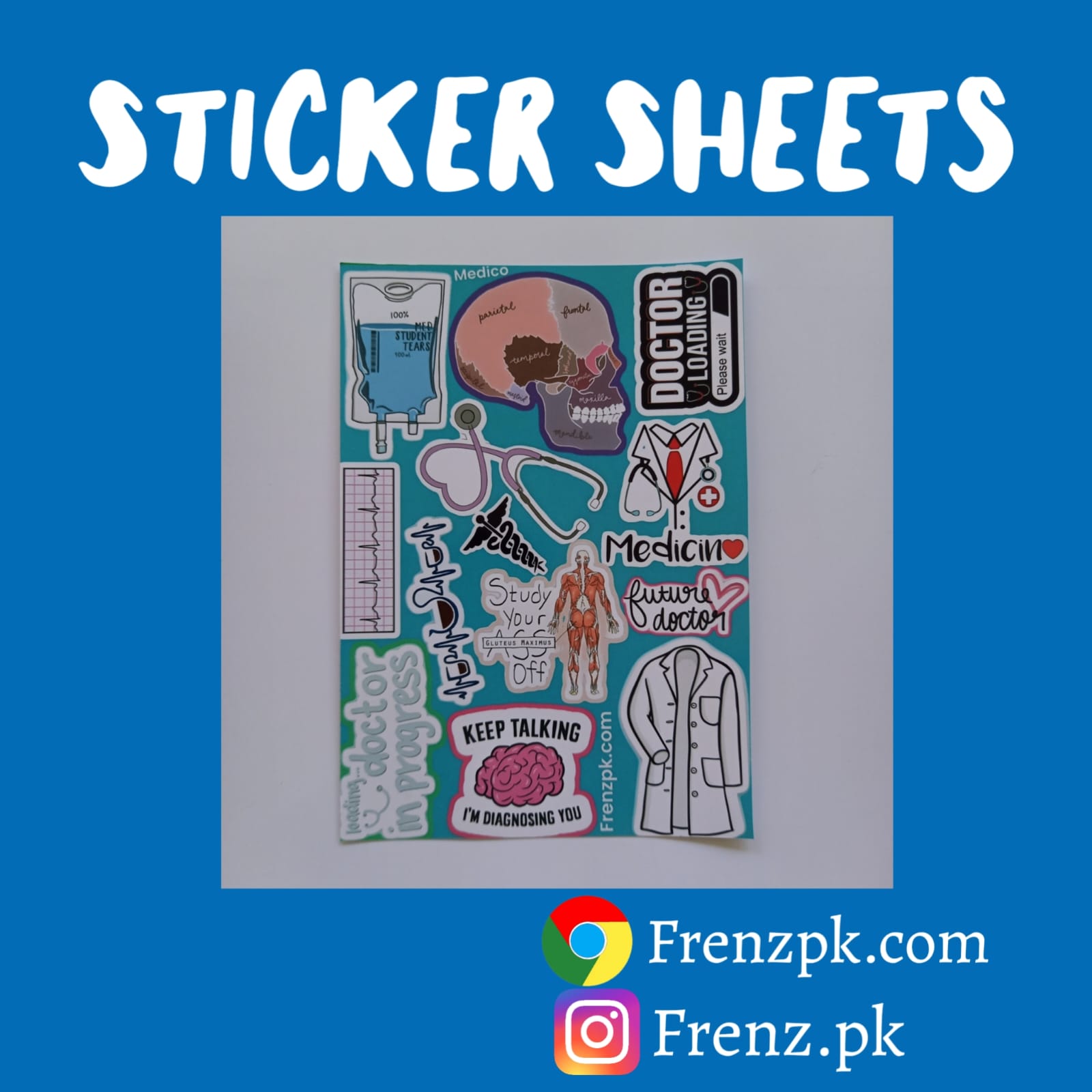Skip to main content
CVS MODULE SYLLABUS
/
5 April 2021 /
- ANATOMY
- Surface anatomy
- surface marking of the heart
- surface marking of the heart valves
- surface marking of the aorta on models / x-rays
- surface marking of the superior vena cava
- surface marking of the inferior vena cava
- Gross structure of heart
- Coronary circulation
- Pericardium
- Clinical conditions
- pericarditis
- pericardial effusion
- cardiac Tamponade
- different components of conduction system
- SA Node
- AV Node
- Bundle of His
- Purkenje Fibers
- Bundle branches
- sympathetic innervation of heart
- parasympathetic innervation of the heart
- PHYSIOLOGY
- Cardiac muscles
- Coronary circulation
- Cardiac cycle
- Cardiac output
- Blood flow
- Biophysics and Interrelationships of Pressure, Flow, and Resistance in terms of Ohm’s law and Poiseuille’s Law
- starling forces
- regulation of blood flow
- basal tone
- substances potentially involved in local metabolic control of vascular tone.
- local metabolic vasodilator hypothesis
- physiological Vasodilators and Vasoconstrictors and their mechanisms
- factors affecting the local blood flow including auto-regulation
- function of capillaries
- circulatory changes during exercise
- Functions of heart valves
- Lymphatic system
- Blood Pressure
- Circulatory Shock
- Excitation and contraction of cardiac muscles
- Chronotropic, Inotropic and Dromotropic Effects
- gap junctions and the significance of functional syncytium
- phases of cardiac muscle action potential
- BIOCHEMISTRY
- Cardiac enzymes
- Lipids and cholesterol
- role of Na, K, Ca and Mg in cardiac muscles contractility and their biochemical abnormalities
- cardiac manifestations of vitamin B1 deficiency
- EMBRYOLOGY
- Fetal circulation
- Cardiac developmental anomalies
- congenital anomalies of the heart i.e. ASD,VSD, PDA, Tetralogy of Fallot, transposition of the great vessels, Hemangiomas and Telangiectasias
- Development of arteries and veins
- HISTOLOGY
- Histology of heart muscles
- Histology of blood vessels
- PHARMACOLOGY
- groups of drugs used in the treatment of CAD (angina and MI)
- risk factors, and lab. Diagnosis of CAD
- stages of atherosclerosis
- mechanisms of drugs used in the treatment of Hypertension
- FORENSIC MEDICINE
- medicolegal aspects of sudden death due to cardiovascular diseases
- COMMUNITY MEDICINE
- primordial, primary, secondary and tertiary prevention of CV diseases in community
- Heart failure
- preventive strategies of hypertension
- CVD prevention
- LAB WORK
- ANATOMY
- Identify the heart & its coverings in the model / dissected specimen
- Identify the heart and major blood vessels in cadaver/dissected specimen
- Identify the chambers of the heart.
- Identify the internal structures of various chambers of the heart.
- Identify the Cardiac Muscle under the microscope
- PHYSIOLOGY
- Perform basic life support
- Measure the blood pressure.
- Measure the effect of posture and exercise on blood pressure.
- Examine the arterial pulses.
- Auscultate the heart sounds.
- Perform systematic analysis of ECG
- BIOCHEMISTRY
- Interpretation of cardiac enzymes
- Detection of lipids in a given sample
- HISTOLOGY
- Identify salient features of a medium sized artery & vein in a cross-section under microscope.
- Identify the histological differences between medium size artery & vein under microscope.
- Describe the histological differences between large size artery & vein
- CLINICAL
- Identify normal cardiac shadow, borders and cardiomegaly on chest radiographs.
- Identify the position of borders and valves of the heart by surface marking on model / simulator
- Palpate and find apex beat, and auscultatory areas in the chest of the subject provided and describe their significance.
- Demonstrate the use of Stethoscope for Auscultation.
- Differentiate between normal and displaced apex beat



